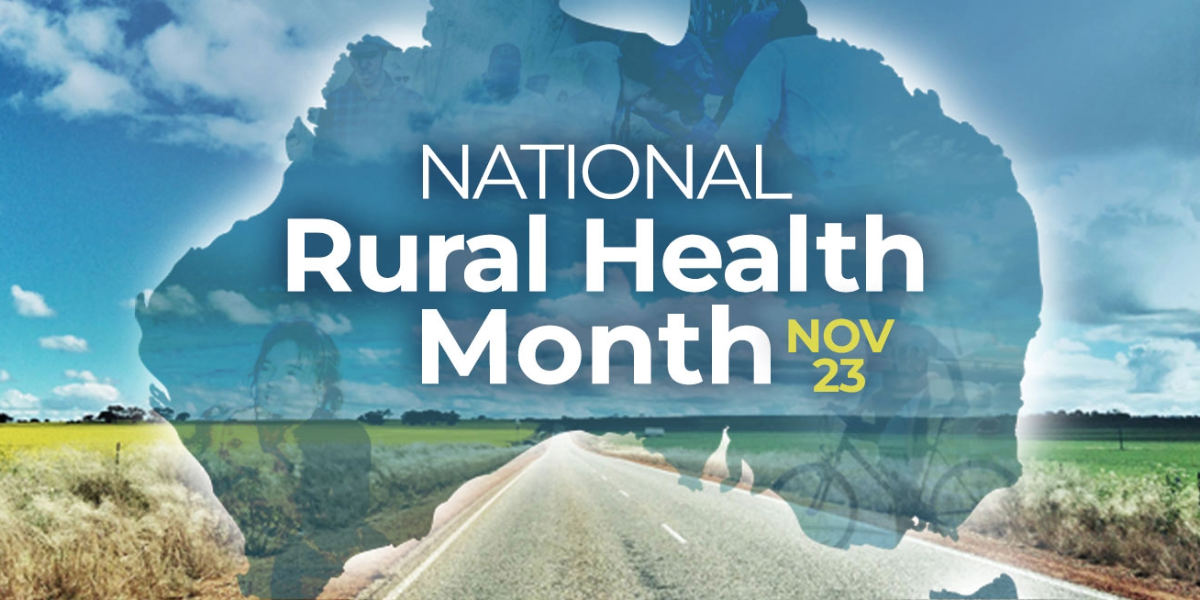November is National Rural Health Month – a month which highlights the inequities that rural, regional and remote Australians face when trying to access the same health care as their urban counterparts.
National Rural Health Month coincides the celebration of the 30th anniversary of the National Rural Health Alliance. The Alliance comprises 49 national organisations committed to improving the health and wellbeing of the 7 million people in rural and remote Australia. Susi Tegen, Chief Executive of the Alliance, said they take the opportunity in November to highlight the myriad of issues faced by rural and remote communities in Australia when trying to access health care, aiming to draw the attention of health sector stakeholders to work towards tangible and sustainable solutions.
“We’re keen to voice the healthcare concerns of the 7 million people living in rural and remote Australia throughout this month and highlight the contributions of rural health and medical practitioners. We welcome your stories using #RuralHealthMatters to highlight in our communications channels,” said Ms Tegen.
“Rural areas have fewer health providers across most registered professions although the burden of disease and deaths increase with remoteness. Rural and remote Australians are not second-class citizens and should be able to access equitable health services to their urban counterparts,” Ms Tegen said.
“The Alliance knows from the Evidence base for additional investment in rural health in Australia, released earlier this year, that each person in rural and remote Australia is missing out on nearly $850 per year of healthcare access. This equates to a total annual rural health underspend of $6.5billion. This is money that could have allowed Australians living rurally to access health and medical services where they live,” Ms Tegen added.
Rural people experience a triple health disadvantage: poorer circumstances in terms of social determinants of health, a lack of service availability, and higher costs of access and delivery, all resulting in poor health outcomes, despite their sizable social, cultural and economic contribution.
Like what you’re reading? Support New England Times by making a small contribution today and help us keep delivering local news paywall-free. Support now


